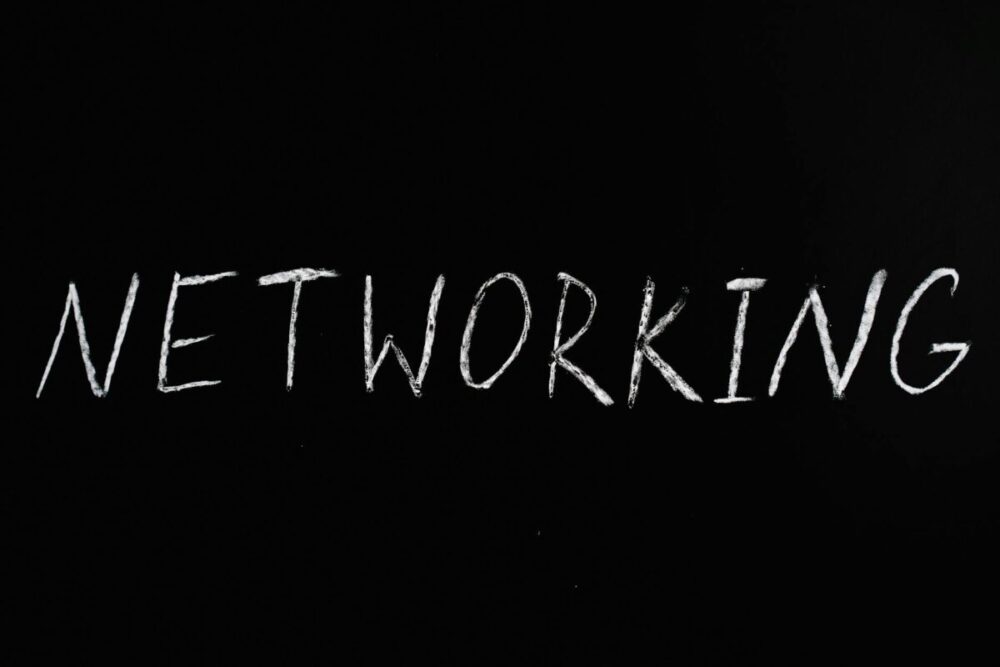Estimated reading time: 3 minutes
In today’s competitive and interconnected professional landscape, while technical skills are vital, soft skills are increasingly recognized as key drivers of career progression. These essential interpersonal attributes, such as communication, teamwork, adaptability, and problem-solving, influence how we interact and thrive within our workplaces.
What Are Soft Skills?
They are personal qualities that enable effective interactions and positive relationships with others. Unlike hard skills—specific, teachable abilities like coding or accounting—soft skills pertain to one’s behaviors and attitudes. They are crucial in fostering a collaborative and productive work environment.
Common skills include:
- Communication: Effectively conveying ideas through speaking, writing, or non-verbal cues. Improving communication skills is fundamental, as highlighted by resources like Post University.
- Teamwork: Collaborating well with diverse groups and valuing different perspectives enhances team productivity.
- Adaptability: Embracing change and staying flexible, especially in dynamic workplaces.
- Problem-Solving: Critical thinking to identify issues and develop practical solutions.
- Emotional Intelligence: Involves managing one’s emotions and understanding others’, a skill often linked to leadership and interpersonal success (Indeed).
- Time Management: Prioritizing tasks and meeting deadlines efficiently.
Why Are Soft Skills Important?
Employers increasingly value soft skills because they improve teamwork, morale, and customer satisfaction. Unlike technical expertise, soft skills can differentiate candidates in competitive job markets. Husson University says developing these attributes can significantly influence one’s career trajectory.
How to Improve Soft Skills
Enhancing skills is a continuous journey involving self-awareness, practice, and feedback. Here are practical ways to develop these skills:
- Seek Feedback: Regular input from peers and supervisors helps pinpoint areas for improvement (Zapier).
- Practice Active Listening: Truly understanding others’ perspectives boosts communication and empathy. Resources like Yale’s training programs emphasize the importance of this skill.
- Engage in Group Activities: Participating in clubs, volunteering, or team sports provides real-world practice in teamwork and adaptability.
- Role-Playing Exercises: Simulate conversations or conflict scenarios to refine communication and problem-solving skills.
- Take Online Courses: Platforms offering courses on emotional intelligence, public speaking, and collaboration are valuable for structured learning (Post University).
- Reflect on Experiences: Post-interaction analysis enhances self-awareness and supports continuous growth.
- Read and Learn: Books and articles about leadership and emotional intelligence introduce new techniques and insights.
- Find a Mentor: Learning from leaders with strong soft skills offers practical examples and guidance (Husson University).
- Set Specific Goals: Aim to improve public speaking by presenting in meetings regularly.
Conclusion
Soft skills are fundamental for both personal and professional development. These skills can enhance employability, strengthen workplace relationships, and contribute to organizational success. As highlighted on Resume.io, setting clear goals and practicing intentionally can accelerate growth. Remember, developing soft skills is an ongoing process—each step you take can profoundly impact how effectively you connect and collaborate with others. Start today and witness the positive transformation in your career and personal interactions. For tips on career development, check out our blog.
Discover more from Qwery M
Subscribe to get the latest posts sent to your email.



